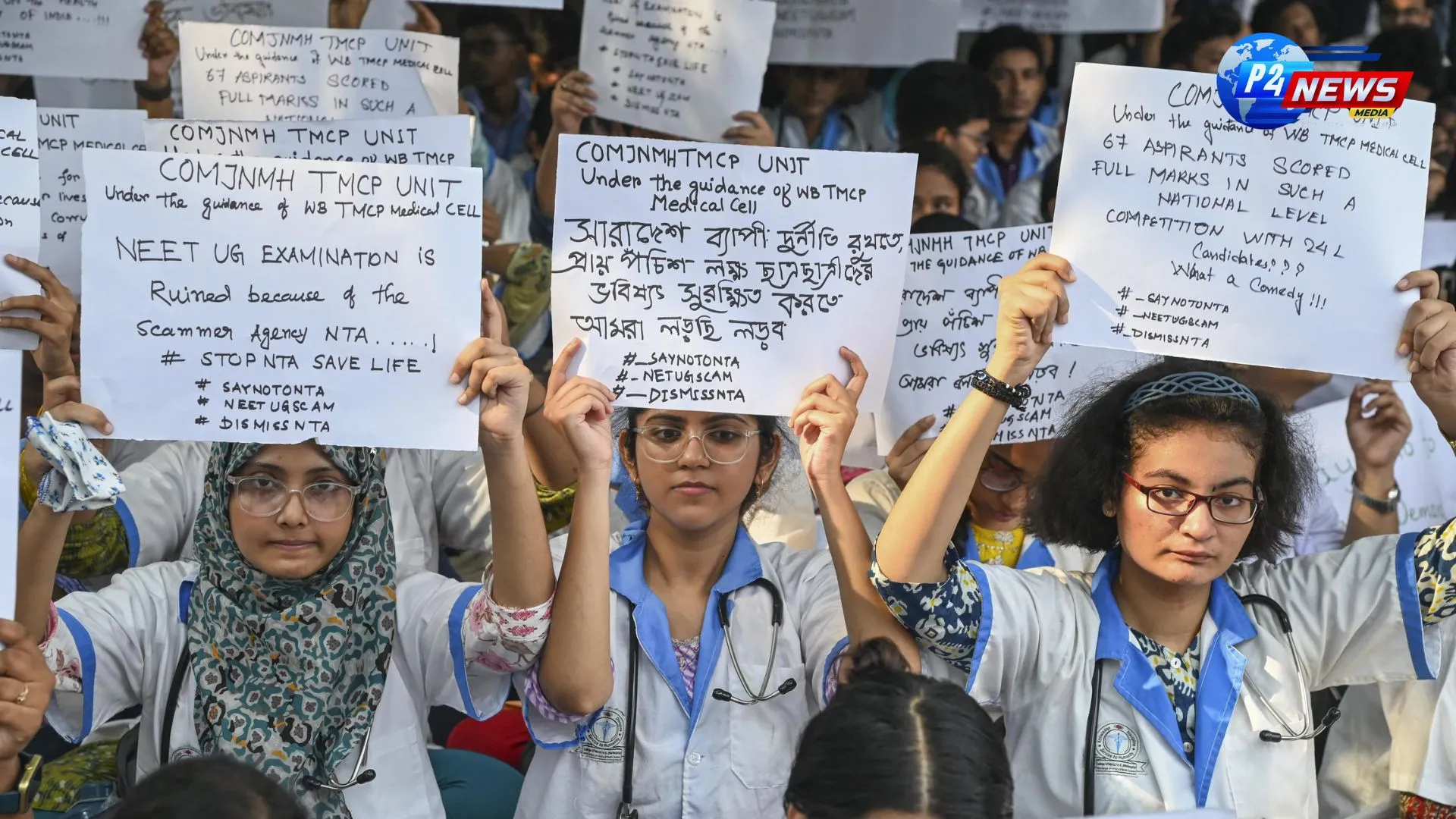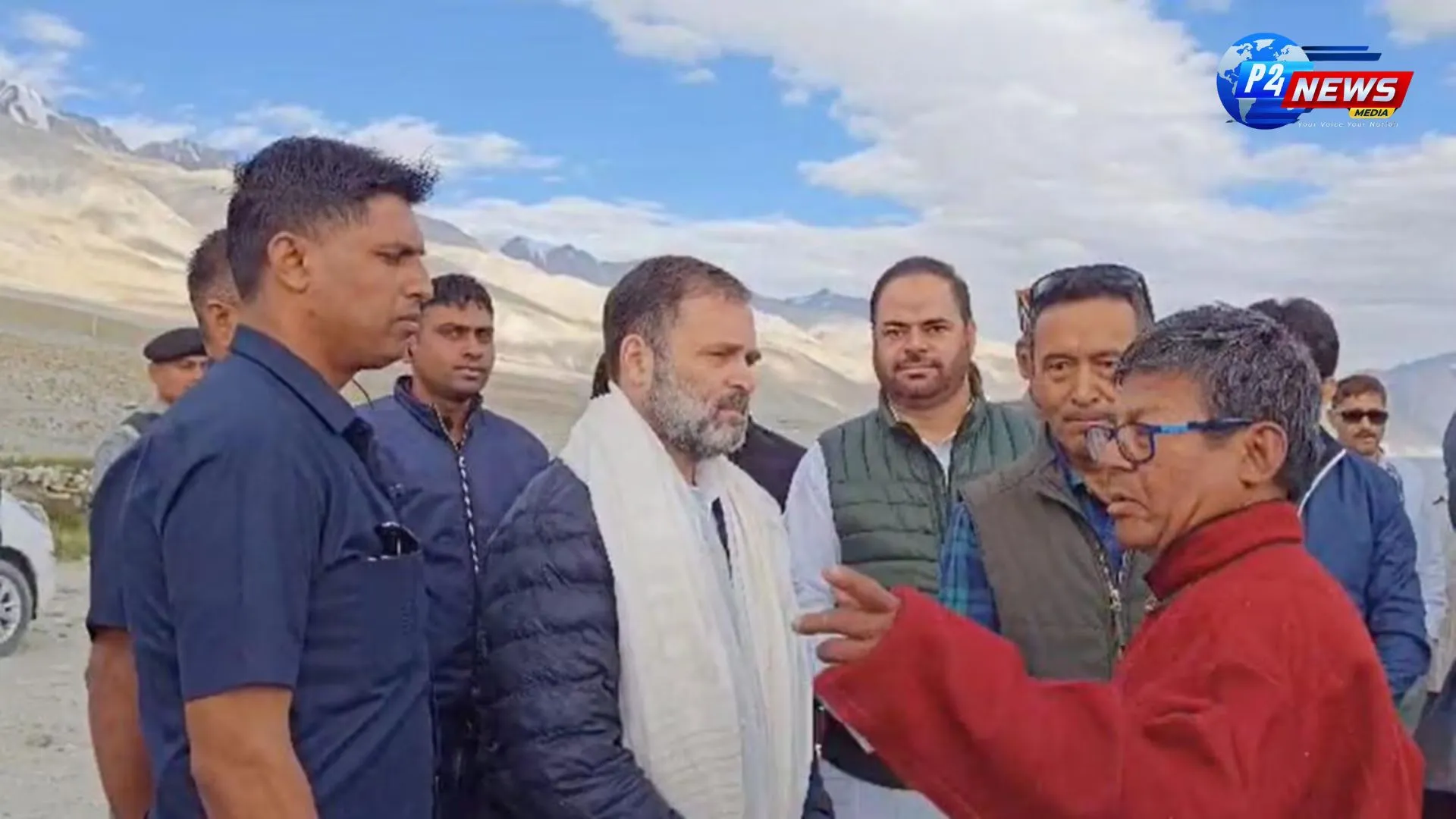'In a determined move to secure their demands for safety and improved healthcare conditions, junior doctors in West Bengal have resumed a complete work stoppage. This comes in light of the tragic rape and murder of a female doctor, prompting urgent calls for government action. The healthcare professionals are demanding enhanced security measures and a thorough overhaul of hospital infrastructure to ensure their safety and well-being while serving patients.'
West Bengal Junior Doctors Resume Total Cease Work Amid Safety Demands
In a bold stance, junior doctors in West Bengal have reinitiated a complete cease work to advocate for their safety and security as medical professionals. This decision follows a tragic incident involving the rape and murder of a postgraduate trainee doctor at RG Kar Hospital, a situation that has escalated tensions within the medical community and drawn attention to critical issues surrounding healthcare worker protection.
The Tragic Incident and Its Aftermath
The incident that catalyzed this wave of protests occurred on August 9, culminating in the tragic death of a dedicated female doctor who was on duty. This heart-wrenching event has not only shaken the city of Kolkata but has also raised alarming questions about the safety of medical staff across India. The junior doctors have taken to rallying and organizing protests, including torch rallies, to voice their concerns and demands for a safer working environment.
Demands for Action
In a recent meeting, junior doctors articulated a set of ten demands aimed at fortifying security measures within hospitals, enhancing healthcare infrastructure, and eliminating a culture of fear and political interference in the medical field. The West Bengal Junior Doctors’ Front stated, "We are returning to a full cease work starting from today. Unless we receive clear action from the government on safety, patient services, and the politics of fear, we will have no choice but to continue our full strike."
The Ongoing Protest
Previously, on September 21, the junior doctors had partially resumed their duties after a 42-day protest. However, after failing to see substantial government action on their concerns, the health professionals feel compelled to escalate their protest. Aniket Mahato, one of the junior doctors involved, expressed frustration with the lack of progress: "We do not see any positive approach from the state government to fulfill our demands for safety and security. Today marks the 52nd day of our protest, and we are still facing threats with no follow-up on promises made by Chief Minister Mamata Banerjee."
Legal Background and Rally Permissions
In a recent development, a day prior to the renewed protests, the Calcutta High Court permitted a rally organized by the Joint Platform of Doctors aimed at highlighting the issue. The court ordered that this rally could proceed peacefully, allowing participants to march from College Square to Rabindra Sadan. However, the Kolkata Police requested limitations on participant numbers and the duration of the rally; this was contested by the doctors, insisting that the public’s voluntary involvement made such restrictions unenforceable.
The Need for a Safe Work Environment
The junior doctors' ongoing struggle highlights an urgent need for systemic changes in the healthcare sector to ensure the safety of medical professionals. The horror of the recent incident serves as a stark reminder of the vulnerabilities that doctors face, and their demand for improved security and infrastructure is not just justified but vital. The involvement of the courts in ensuring that peaceful protests can occur is an essential aspect of maintaining democratic rights while addressing pressing safety concerns within the medical community.
Conclusion
As junior doctors across West Bengal unify under their banner of protest, it is crucial that the state government acknowledges their demands and acts swiftly to implement necessary changes. Their courage in the face of adversity is commendable, and their cries for safety must be heard—not just for their well-being but for the integrity and sustainability of the healthcare system in India.
















Comments 0